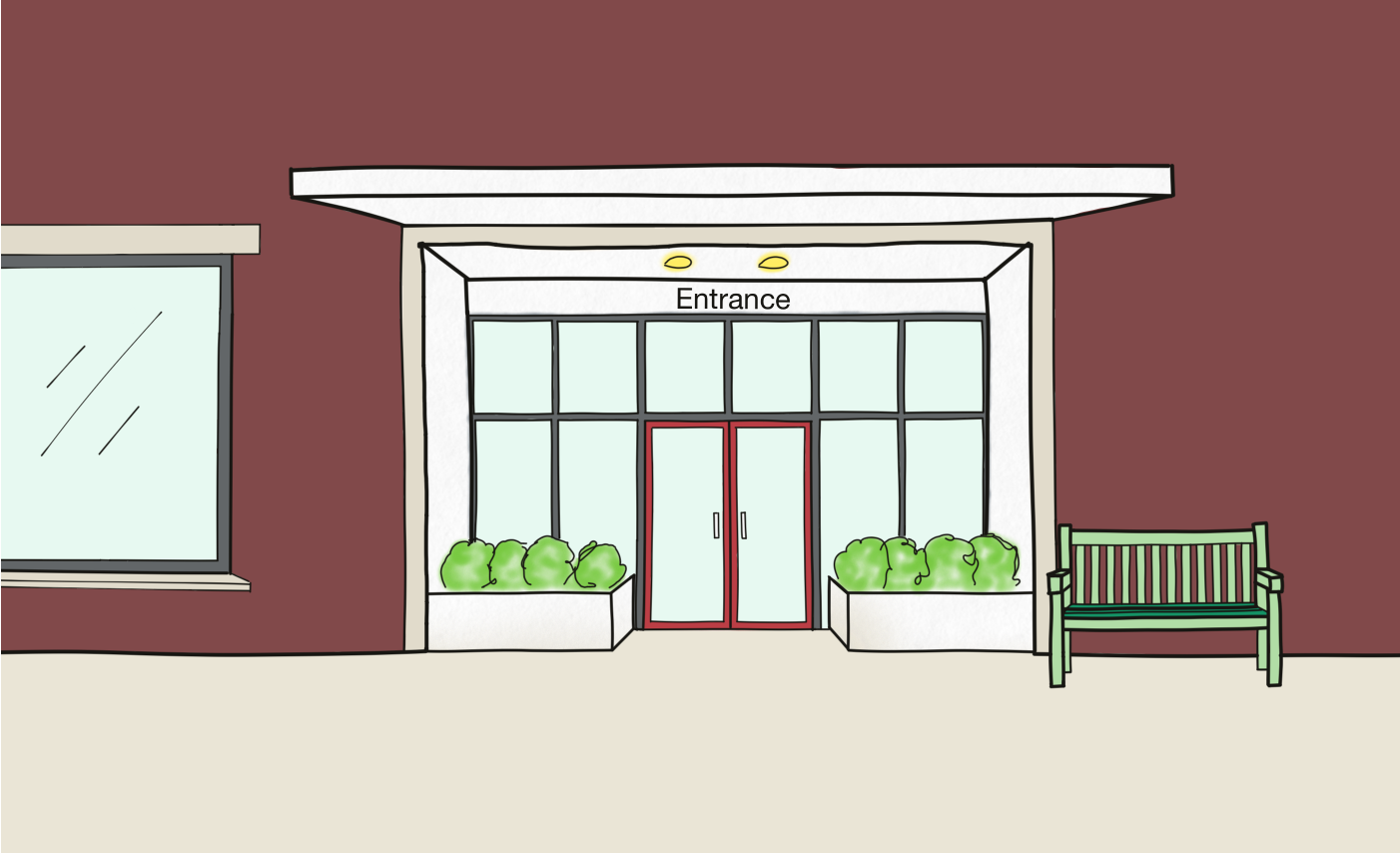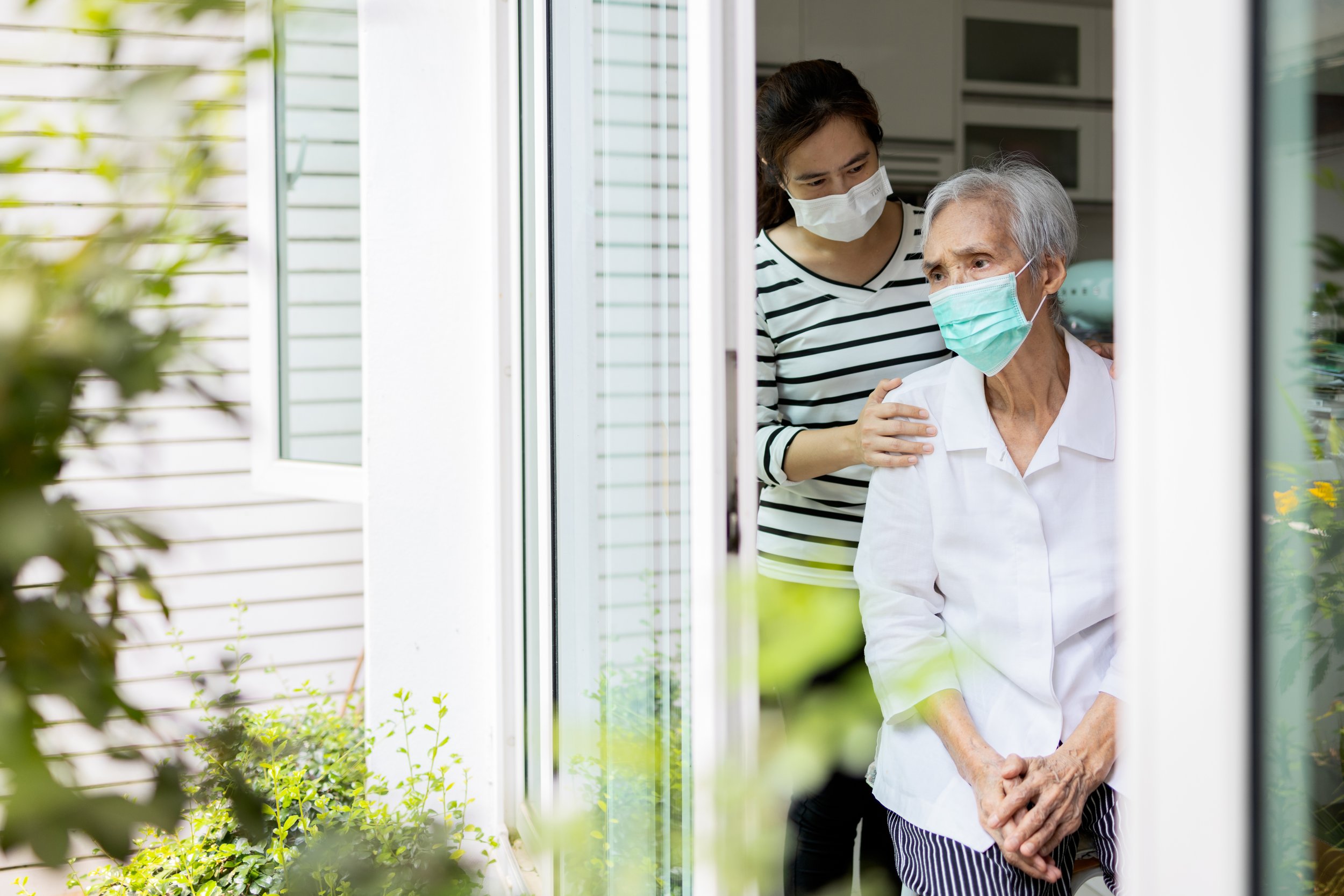News Search
Welcome to our News Search. You have arrived here because you have searched a category, tag, year, or month. Below you can find the results of your search. Alternatively, you can return to the News Page using the button.
Filter by:
Tag
- Additional Support Needs
- Art
- Australia
- Best Practice
- Best Practice in Dementia Care
- CEDAR
- Care
- Carers
- Carers Hub
- Changes in Presentation
- Community
- Consultancy
- Delirium
- Design
- EADDAT
- Events
- Housing
- International
- Japan
- LGBTQ+
- Life Story
- Meaningful Engagement
- News
- Policy
- Product Accreditation
- Research
- Scotland
- Signage and Wayfinding
- Sweden
- Technology
- Training
- University of Stirling
- Young Onset Dementia
- care
Month
- January 2025
- December 2024
- November 2024
- October 2024
- July 2024
- May 2024
- April 2024
- March 2024
- January 2024
- November 2023
- July 2023
- June 2023
- May 2023
- April 2023
- February 2023
- January 2023
- September 2022
- August 2022
- July 2022
- June 2022
- May 2022
- April 2022
- February 2022
- November 2021
- October 2021
- September 2021
- October 2020
- September 2020
- July 2019
- June 2019
- April 2019
- March 2019
- February 2019

Life Story - part 2
Life story work is not a new concept: it has been used for children and people with learning disabilities in the care sector for many years. However, it has also been recognised as a useful tool to promote person-centred care for people with dementia.

Life Story - part 1
Life story work is not a new concept: it has been used for children and people with learning disabilities in the care sector for many years. However, it has also been recognised as a useful tool to promote person-centred care for people with dementia.

Behaviour and communication
Speaking or verbal communication makes up only a small part of how people communicate; our words only account for approximately 7% of communication.

Living well at home: Housing and dementia in Scotland
The National Housing and Dementia Forum launched their final report on 18.8.22

Changing the culture of care
The Best Practice programme remains popular because it is accessible, understandable and sustainable in the workplace.

Free dementia education workshops (Scotland)
RS Macdonald will be funding DSDC’s free dementia education workshops for family carers and volunteers, in Scotland, for two more years.

Scotland’s Housing Festival 2022
Lesley Palmer spoke at this year’s CIH Scotland’s Housing Festival around findings for the dementia and housing sub-group.

Golf and dementia
Golf in Society is a social enterprise who help people who live with dementia to keep healthy and socially connected through golf.

Environments for ageing and dementia
Research tells us that age-friendly environments can help foster healthy and active ageing by building and maintaining cognitive capacities across the course of our lives.

Living with dementia when you are deaf
The British Deaf Association (BDA) has been working tirelessly over the last few years to create dementia resources for the deaf community.

Adding meaning
Meaningful activities are an excellent intervention for people with dementia. Why? They provide the opportunity for meaningful engagement, helping reduce loneliness and social isolation, reduce distressed behaviours, improve sleep, maintain / improve physical health and improve general well-being.

Signage & Wayfinding
The legibility of an environment is closely related to the visual information that is provided. For people with dementia, it is particularly important that the design of the signage not only highlights useful information but also, to avoid confusion, reduces the extent of non-critical and unhelpful information.

Resistance training to improve frailty in older adults
Resistance training in frail older adults is effective in delivering significant improvements in functional capacity and strength, according to a new study by the University of Stirling.

Welcome to the team!
DSDC is delighted to introduce to you three new team members; Dr Junjie Huang, Kanoko Oishi and Dai Kuichi.

Swedish Royal Visit
The King and Queen of Sweden paid a royal visit to the University of Stirling at the start of October to learn about its world-leading dementia research.

Knowing What To Say and How To Say It
A recent project, ‘Knowing what to say and how to say it’, focused on people’s experiences of talking about health issues, in particular deafness and dementia. The aim of the project was to understand how people felt discussing certain health issues; were they comfortable bringing up the subject(s) or were they more apprehensive.

One Small Change
At DSDC we believe every effort to improve quality of life for people living with dementia should be celebrated, no matter how big or small.

Mastering everyday technology
Periods of lockdown during the pandemic have meant considerable changes for many, including finding alternative ways to communicate with loved ones. Being unable to physically see friends, hug family and talk face-to-face with neighbours has resulted in finding new and inventive ways to maintain connection.

Designing Homes for Healthy Cognitive Ageing
What we want and need is always changing, and those changes can become more noticeable as we get older. The DesHCA Project is exploring how people can adapt their homes to make them more supportive as they age.

Understanding the connection between Covid-19 and delirium
Delirium can be a sign of infection and/or some other form of ill-health in the frail elderly. Unfortunately these days we have yet another potential cause of delirium, COVID-19.

